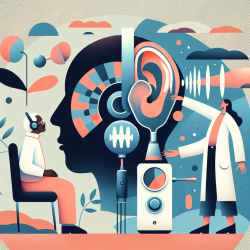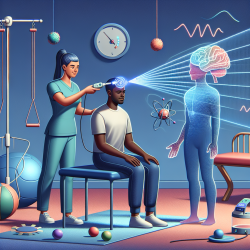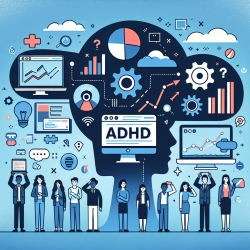Providing for the Well-Being of the Whole Child
In today's educational landscape, ensuring the well-being of the whole child is a top priority. School-based mental health providers play a pivotal role in achieving this goal. These professionals bring unique training and expertise to address the academic, career, social-emotional, and behavioral needs of K-12 students. Let's dive into who these heroes are and how they contribute to the overall well-being of our children.
Who Are School-Based Mental Health Providers?
School-based mental health providers are a diverse group of professionals who support each other while bringing their unique skills to the table. Their mission is to ensure equitable access to mental health supports so that all students can learn, thrive, and grow. While each provider has a specialized role, their supports often overlap to cultivate the well-being of the whole child.
The Essential Roles of Mental Health Providers
- School Counselors: These professionals focus on academic achievement, career development, and social-emotional development. They provide classroom lessons, small group counseling, and individual planning to help students overcome barriers to learning. School counselors are certified by the Department of Education and often hold a Master's degree in school counseling.
- School Psychologists: Specializing in psychological, socio-behavioral, and skill-based assessments, school psychologists provide focused support for students with intellectual disabilities and learning strategies. They conduct risk assessments and crisis interventions, collaborating with teachers and families to support classroom success.
- School Social Workers: With a focus on social-emotional and mental health needs, school social workers integrate school, community, and family contexts into their interventions. They are licensed by the Board of Social Work Examiners and provide a continuum of crisis management supports.
- Community-Based Clinical Mental Health Counselors and Social Workers: These professionals offer short-term and long-term counseling for students experiencing mental health crises. They collaborate with school counselors and families to build mental health awareness and improve academic outcomes.
Certification & Licensure
Each mental health provider must meet specific certification and licensure requirements. These include credentials from the Department of Education, Board of Examiners for Counselors & Marriage and Family Therapists, and Board of Social Work Examiners. This ensures that all professionals are equipped with the necessary skills to support our students effectively.
Recommended Provider-to-Individual Ratios
To provide optimal support, there are recommended provider-to-individual ratios. For school counselors and social workers, the ratio is 1:250, ensuring they can work with all students within a district. School psychologists typically work with smaller groups, with a recommended ratio of 1:500. Community-based clinical mental health providers serve clients with intensive needs, with caseloads up to approximately 50 clients actively receiving services at any one time.
Conclusion
School-based mental health providers are essential in fostering the well-being of the whole child. By supporting students' academic, career, social-emotional, and behavioral needs, these professionals ensure that all students have the opportunity to succeed. For more information, please follow this link.










